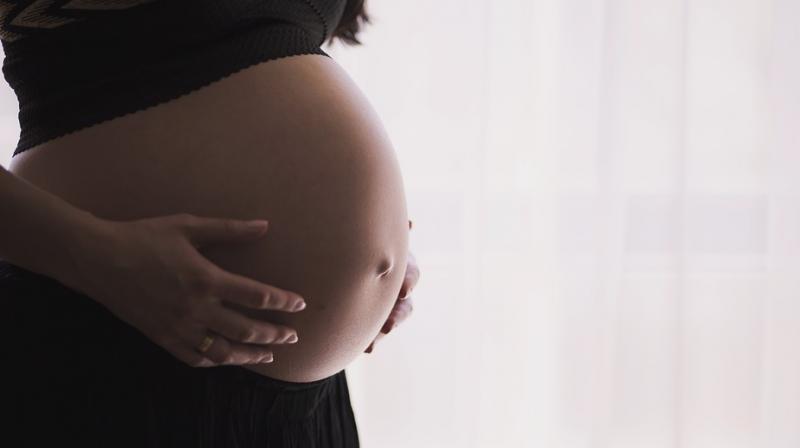Prenatal vitamin D tied to lower risk of underweight babies and birth defects

Women who take vitamin D during pregnancy may be less likely to have underweight babies, according to a research review that also suggests these supplements may also be associated with a lower risk of fetal or infant mortality.
Overall, mothers who took vitamin D during pregnancy were 28 percent less likely to have underweight newborns or babies who died in the womb or during infancy, the study found.
But prenatal vitamin D supplements only appeared to have these benefits when women took 2,000 International Units (IU) or less each day. This amount of vitamin D was tied to 55 percent lower odds of an underweight baby and 65 lower chance of a baby dying in the womb or during infancy.
At higher doses, any differences between women who took vitamin D and those who didn’t were too small to rule out the possibility that they were due to chance.
Taking vitamin D during pregnancy was safe, with no extra fetal or neonatal mortality, congenital abnormality, or critical illness at birth, said senior author Dr. Shu Qin Wei of the University of Montreal, Canada. And supplementation reduced infants’ risk of being small for gestational age and improved their calcium levels and growth in the first 12 months of life.
“Moreover, we found that the lower dose of vitamin D supplementation (up to 2,000 IU a day) reduced risk of fetal or neonatal mortality and infants being small for gestational age, but higher doses (more than 2,000 IU a day) did not reduce the risk of perinatal mortality and infants being small for gestational age,” Wei said by email.
Vitamin D deficiency during pregnancy is common worldwide, researchers note in JAMA Pediatrics. Vitamin D contributes to a wide range of processes during fetal development including bone growth, muscle function and healthy fat accumulation as well as heart function, neurodevelopment and immune responses, Wei said.
Beyond pregnancy, many older adults take vitamin D to promote bone health. Too much of this supplement can lead to harmful accumulation of calcium in soft tissues such as the heart and kidneys.
For the current study, researchers analyzed data from 24 clinical trials including a total of 5,404 participants.
They didn’t find a meaningful difference in birth defects based on whether mothers took vitamin D during pregnancy. They also didn’t find any link between prenatal vitamin D supplementation and babies’ risk of asthma.
One limitation of the study is that researchers lacked data on long-term health outcomes for mothers or babies, since the longest clinical trial in the analysis lasted only three years and many of the other trials were much shorter.
Still, the results should reassure pregnant women about the benefits of taking vitamin D, said Dr. Bo Chawes, author of an accompanying editorial and a researcher at the University of Copenhagen in Denmark.
“We already knew that vitamin D supplementation prevents development of rickets, which is a bone disorder resulting in weak bones and an increased risk of fractures, but we did not know if increasing the supplement had an effect on intrauterine or postnatal growth in early childhood,” Chawes said by email.
“The most interesting and robust finding of the meta-analysis is that increased supplement is safe for the child and may reduce the risk of being born small for gestational age, which is associated with an increased risk of perinatal and neonatal mortality and morbidity,” Chawes added.

